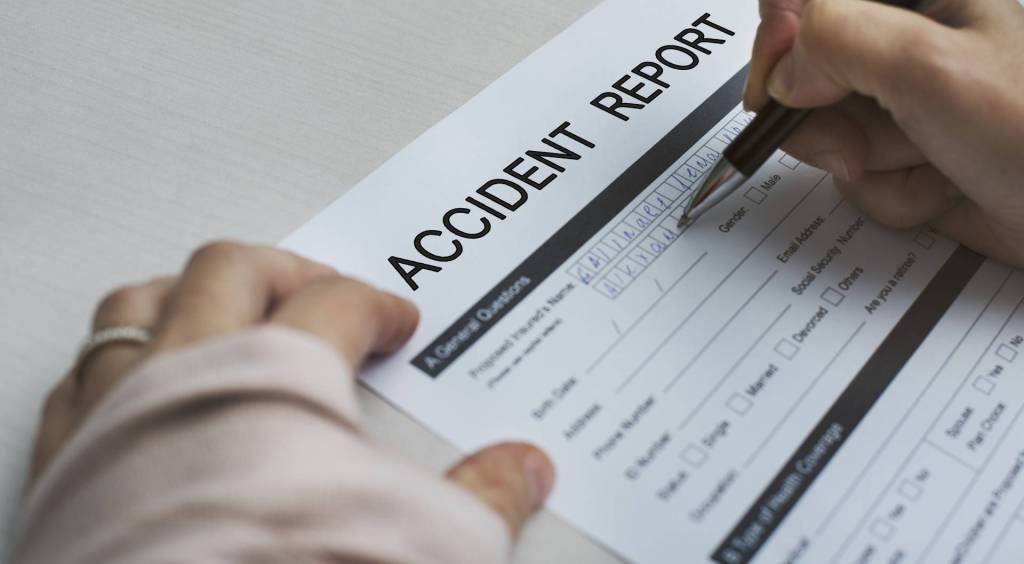Do you know how expensive an accident can be? Between medical costs, any damage that needs to be repaired, and the time you have to take off to recover, it can cost a small fortune. One of the ways that this cost can be mitigated is by working with an insurance company to compensate you for your damages.
But insurance companies are notorious and for good reason. They love to make lowball offers that don’t come close to providing you with what you need, despite the fact that you’ve been paying them for years. Fortunately, most people don’t get into too many accidents. Unfortunately, their unfamiliarity with dealing with insurance companies can make them more prone to accepting a settlement that is too low.
To help fight against this, we’ve put together a guide about why insurance companies make such low offers, what tactics they use to try to trick you into accepting a lowball offer, and the best way to respond to an offer of this nature. This way, you’ll have the tools you need to identify and deal with a bad offer from your insurance company.
Why Do Insurance Companies Make Lowball Offers?
Insurance companies are, first and foremost, companies. This might seem obvious, but it actually explains a lot about why they can be so frustrating to deal with. As a company, your insurance provider’s primary goal is to make money. After all, if they aren’t making money, then they aren’t going to be staying in business very long.
Insurance companies make money from the payments you are sending them each month. But a car payment is only a couple hundred dollars, while repairs and medical bills from a car accident can cost tens of thousands. Insurance companies’ perfect client is one that makes every payment and never gets into an accident because those customers are basically free money for them.
But when you get into an accident, it then falls on them to offer you money. Again, this is typically more than you’ve paid so far. So despite the fact that their job is to help people after suffering an accident, it is not in their best interest (as a business) to offer a lot of money.
Yet they still have to make an offer. So they start at the lowest possible dollar amount they can. If they are lucky, and they often are, the individual will accept that first offer simply to get their money sooner. They also rely on a slew of underhanded tactics to try to get away with a lowball offer. Let’s look at these next.
What Tactics Do Insurance Companies Use to Get Away With Lowball Offers?
There are a variety of tactics that insurance companies use to get away with a lowball offer. Many of these rely on them pressuring you. Before we get into the tactics themselves, we want to suggest that you work with a lawyer when dealing with an insurance company. That way you have somebody looking out for your best interests, somebody that understands what to expect.
Some of the tactics that insurance companies use to get away with low ball offers include (but are not limited to):
- Offering Too Quickly: Perhaps the most common tactic, offering too quickly allows insurance companies to make an offer before you fully understand what all of your damages are. For example, medical issues stemming from the accident may go unnoticed until after the settlement, at which point it is too late to seek compensation for them.
- Pressuring You to Accept: They want to deal with you while you are disoriented and still trying to grapple with all the information. So it is common for them to pressure you to make a quick decision, even suggesting that you don’t have the time to consult with a lawyer. Don’t fall for this trick.
- Ignoring Evidence: Insurance companies don’t need to pay out if they can show that the accident was your fault. Often the evidence doesn’t allow this, so they’ll try to get away with ignoring evidence so they don’t have to pay as much or even at all, depending on what evidence they’ve chosen to ignore.
- Questioning Your Injuries: If your injuries didn’t come from your accident then the insurance company doesn’t have to pay for them. So they may try to argue that your injuries came from something else or that they aren’t even real.
- Not Explaining: Another tactic is to refuse to explain their math. If you can’t see how they arrived at their offer, it will be harder for you to determine whether or not it is far. This lack of transparency is designed to get away with offering less.
- Blaming You: Again, if the accident was your fault then you won’t receive compensation. They may try to push the blame on you directly, or they may try to engage you in a conversation with the goal of getting you to admit something that allows them to get away with a lowball offer.
How Should You Respond to Lowball Offers From an Insurance Company?
First, don’t panic. A lowball offer should be expected in the beginning. Don’t give into lies about there not being time to consult with legal counsel, either.
Next, take time to analyze the offer. Try to determine what factors were used to arrive at the offer. You may choose to email them with certain questions to improve your ability to figure out what happened. It may simply be that they don’t have enough information, though this is often not the case.
Work with legal counsel to formulate a counteroffer. Also, if possible, try to avoid settling before you are sure you understand all of your injuries and the time they will take to heal. Injuries may prove to be more troublesome than they first appeared.
Who Can Help You Get a Better Offer?
For the most effective help, work with an experienced lawyer. They understand how this process works, they understand the weird game that the insurance company is playing, and they won’t stand for any of it. A good lawyer will ensure that you feel comfortable with the process and strive to ensure you get the kind of compensation you rightfully deserve.














